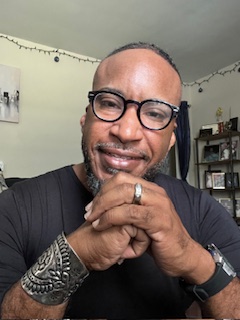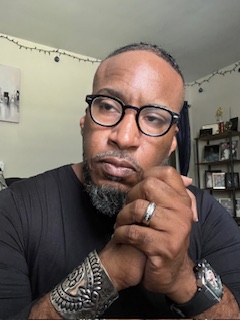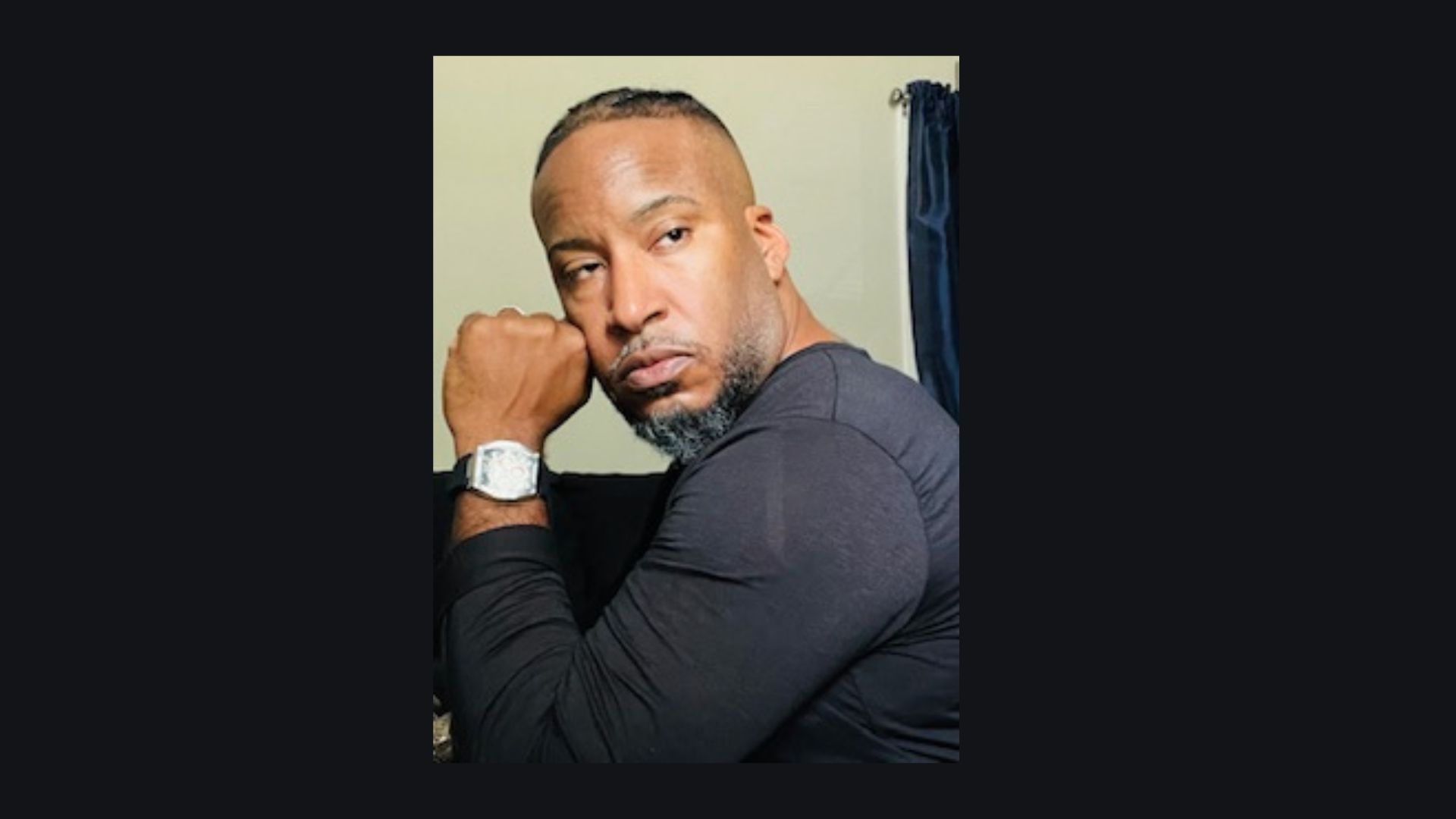
Ernest Melvin Johnson II is currently a dedicated member of the
Children and Family Service Unit of the Durham County Department
of Social Services in Durham, NC. Over the years, he has served in
various pivotal roles, including Family Service Specialist, Family
Services Manager, and Family Services Director. With over 20 years
of experience working with families in the community, Ernest has
made a significant impact through his leadership and advocacy.
From 2007 to 2012, Ernest spearheaded the Proud Fathers Club of
Operation Breakthrough Head Start in Durham, NC. He was also a
founding member of the NC Fatherhood Development Advisory
Council, where he served one term as the 2nd Vice President. In
these roles, he has worked tirelessly to promote advocacy and
provide resources and support for fathers and minority males on
both local and statewide levels. Ernest has presented, facilitated, and
trained at various fatherhood workshops and conferences across the
country, proudly promoting the nationally recognized Fragile
Fatherhood Curriculum.
Academically, Ernest holds a master’s degree in business
administration from the University of Phoenix and a bachelor’s degree in organizational management from St. Augustine’s University, both located in Raleigh, NC. He is a certified Fatherhood Facilitator of the Fragile Families Curriculum and has earned his Family Service Worker Credentials from Duke University in Durham, NC. His professional achievements are complemented by numerous certifications and honors. Notable accolades include:
1. Father of the Year 2010, awarded by the Triangle Tribune, Durham, NC
2. The 2009 Sheila Bazemore Commemorative Award for his work with Fatherhood InitiativesThe 2015 Man of Excellence Award for contributions to Fatherhood Initiatives
3. Father of the Year 2023, presented by the J.E.S. Foundation and the Mayor of Salisbury,NC.
In October 2013, Ernest’s life and career were chronicled in an article by The Gravely Group, Inc., a Head Start Professional Development Firm based in Columbus, Ohio. The feature, entitled “My Story, My Song: Head Start Journey from Child, Parent to Employee,” highlighted his inspiring journey and dedication to family services. On the home front, Ernest is a devoted father to his children, Alicia (33), Ernest III (29), and Tyler (25), and a loving grandfather to Lauryn (10) and Cody (5). He is a proud member of the Occoneechee Band of the Saponi Tribe, with deep roots in Guilford, Alamance, and Orange Counties in NC.
Additionally, Ernest has sung and recorded with various gospel groups. His contributions to gospel music were featured in the documentary publication “Fire Shut Up in My Bones – The Transcendence and the Holy Spirit in African American Gospel,” showcased at the NC Museum of History in the early 1990s. Ernest’s hobbies include amateur photography and collecting comic books and action figures. He firmly believes that his talents and achievements are not solely for his benefit but for enriching the lives of others. His life’s work exemplifies his commitment to fostering growth, support, and empowerment in his community.

Mental health remains a critical issue within the Black community, particularly among Black men who often face unique challenges that significantly impact their emotional well-being. As a social worker and a Black man, I have witnessed firsthand the struggles that come with
managing stress and anxiety, compounded by societal expectations and personal experiences. This article seeks to shed light on the stigma surrounding mental health in Black men, the hardships many endure, and the importance of seeking professional help.
The Burden of Expectations and Hardships
Many Black men grow up in environments shaped by systemic barriers, economic hardships, and fractured family structures. Statistics show that approximately 64% of Black children are raised in single-parent households, often without a father figure (U.S. Census Bureau, 2020). This absence places a heavy burden on young Black boys to “become the man of the house”
prematurely, fostering a sense of responsibility that can be overwhelming and emotionally taxing.
Survival becomes more than just a concept—it becomes a way of life. Black men often navigate racial discrimination, socioeconomic disparities, and limited access to quality education and healthcare. These experiences contribute to chronic stress, which, if left unaddressed, can manifest as anxiety, depression, and other mental health disorders.
The Stigma Around Mental Health
Despite these challenges, mental health remains a taboo topic in many Black communities. Seeking help is often viewed as a sign of weakness, conflicting with cultural norms that emphasize toughness and resilience. According to the National Alliance on Mental Illness (NAMI), only about 26% of Black and African American individuals with mental health conditions seek treatment, compared to 40% of white individuals (NAMI, 2022).
This stigma is rooted in historical mistrust of the healthcare system, compounded by cultural beliefs that discourage vulnerability. Many Black men are taught to suppress their emotions, leading to internalized stress and untreated mental health issues.
Coping Strategies and the Path to Healing
As a social worker, I have learned to adopt various coping strategies to manage stress and anxiety. Mindfulness practices, such as meditation and deep breathing exercises, have been instrumental in helping me stay grounded. Engaging in physical activities, maintaining a strong support network, and seeking therapy have also played a vital role in my mental health journey.
Therapy, in particular, has been transformative. It provides a safe space to unpack emotions, confront past traumas, and develop healthier coping mechanisms. Normalizing therapy within the Black community is essential to breaking the stigma and promoting emotional well-being.
In Conclusion
The mental health challenges faced by Black men are profound and multifaceted. Addressing these issues requires a collective effort to dismantle the stigma surrounding mental health, increase access to culturally competent care, and encourage open conversations about emotional
well-being. By embracing vulnerability and seeking support, Black men can navigate life’s hardships with resilience and hope.
Works Cited
U.S. Census Bureau. (2020). Living Arrangements of Children Under 18 Years Old: 1960 to Present. Retrieved from [https://www.census.gov/]
National Alliance on Mental Illness (NAMI). (2022). Mental Health Facts in America. Retrieved from [https://www.nami.org/]



Leave a Comment